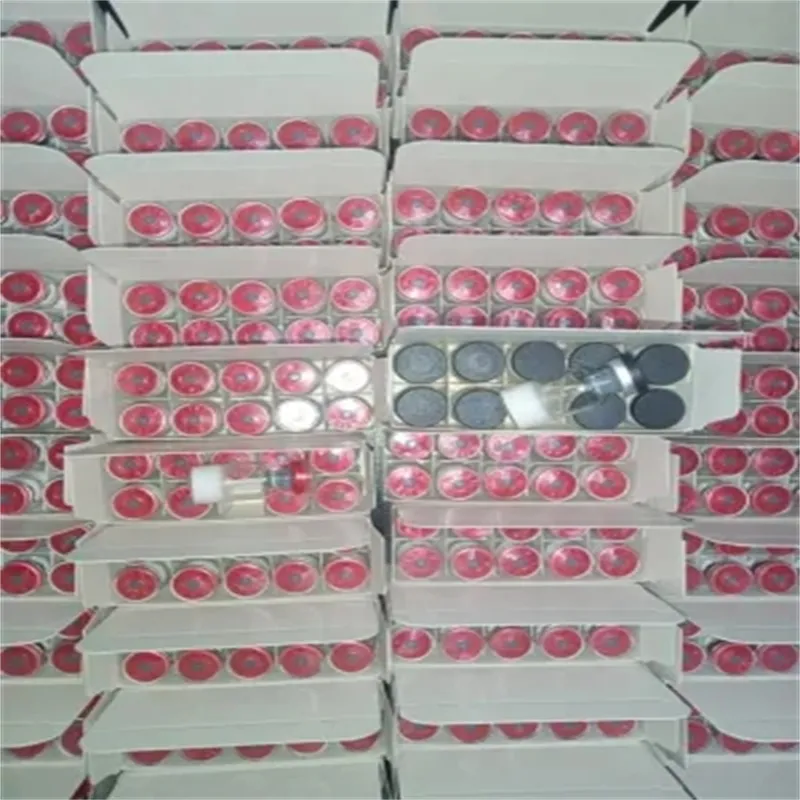Warning: Undefined array key "title" in /home/www/wwwroot/HTML/www.exportstart.com/wp-content/themes/1198/header.php on line 6
Warning: Undefined array key "file" in /home/www/wwwroot/HTML/www.exportstart.com/wp-content/themes/1198/header.php on line 7
Warning: Undefined array key "title" in /home/www/wwwroot/HTML/www.exportstart.com/wp-content/themes/1198/header.php on line 7
Warning: Undefined array key "title" in /home/www/wwwroot/HTML/www.exportstart.com/wp-content/themes/1198/header.php on line 7
- Afrikaans
- Albanian
- Amharic
- Arabic
- Armenian
- Azerbaijani
- Basque
- Belarusian
- Bengali
- Bosnian
- Bulgarian
- Catalan
- Cebuano
- China
- China (Taiwan)
- Corsican
- Croatian
- Czech
- Danish
- Dutch
- English
- Esperanto
- Estonian
- Finnish
- French
- Frisian
- Galician
- Georgian
- German
- Greek
- Gujarati
- Haitian Creole
- hausa
- hawaiian
- Hebrew
- Hindi
- Miao
- Hungarian
- Icelandic
- igbo
- Indonesian
- irish
- Italian
- Japanese
- Javanese
- Kannada
- kazakh
- Khmer
- Rwandese
- Korean
- Kurdish
- Kyrgyz
- Lao
- Latin
- Latvian
- Lithuanian
- Luxembourgish
- Macedonian
- Malgashi
- Malay
- Malayalam
- Maltese
- Maori
- Marathi
- Mongolian
- Myanmar
- Nepali
- Norwegian
- Norwegian
- Occitan
- Pashto
- Persian
- Polish
- Portuguese
- Punjabi
- Romanian
- Russian
- Samoan
- Scottish Gaelic
- Serbian
- Sesotho
- Shona
- Sindhi
- Sinhala
- Slovak
- Slovenian
- Somali
- Spanish
- Sundanese
- Swahili
- Swedish
- Tagalog
- Tajik
- Tamil
- Tatar
- Telugu
- Thai
- Turkish
- Turkmen
- Ukrainian
- Urdu
- Uighur
- Uzbek
- Vietnamese
- Welsh
- Bantu
- Yiddish
- Yoruba
- Zulu
آگوست . 12, 2024 09:30 Back to list
Exploring the Impact of Aspartame Levels in Popular Soft Drinks on Consumer Health
The Role of Aspartame in Beverages A Comprehensive Overview
Aspartame is one of the most widely used artificial sweeteners in the world, especially in the beverage industry. As consumers become more health-conscious and seek ways to reduce calorie intake, aspartame offers a low-calorie alternative to traditional sugars. This article explores the significance of aspartame in beverages, its benefits, controversies, and its impact on consumer choices.
Understanding Aspartame
Aspartame is a non-nutritive sweetener, approximately 200 times sweeter than sucrose (table sugar). It is composed of two amino acids aspartic acid and phenylalanine. When ingested, aspartame breaks down into its constituent amino acids and methanol, all of which are naturally occurring in various foods. The FDA approved aspartame for use in food and beverages in 1981, and since then, it has become a staple in the formulation of many sugar-free and diet products.
The Appeal of Aspartame in Beverages
One of the primary appeals of aspartame in beverages is its calorie-free nature. For individuals looking to lose weight or manage their calorie intake, the incorporation of aspartame allows them to enjoy the sweetness they crave without the associated caloric burden of sugar. Diet sodas, flavored waters, and sugar-free drinks often rely on aspartame as a key ingredient for their sweetness.
Moreover, aspartame has a taste profile that is very similar to that of sugar, making it a popular choice among consumers who are accustomed to sweet flavors. It does not leave the aftertaste that some other artificial sweeteners do, making it more palatable for many. Consequently, aspartame has paved the way for a variety of low-calorie beverages that appeal to a broad audience.
Health Controversies Surrounding Aspartame
aspartame in beverages

Despite its popularity, aspartame remains a controversial ingredient. Over the years, numerous studies and reports have raised concerns regarding its safety. Some individuals claim to have experienced adverse reactions such as headaches, dizziness, and gastrointestinal issues after consuming aspartame-containing products. Furthermore, there have been debates about its potential link to more serious health risks, including cancer.
It is important to note that extensive research has been conducted to assess the safety of aspartame. Regulatory bodies, including the FDA, the European Food Safety Authority (EFSA), and the World Health Organization (WHO), have all evaluated the available evidence and deemed aspartame safe for consumption within established daily intake levels. Nevertheless, the debate continues, and consumers often express caution when choosing products containing aspartame, particularly as more information about food additives becomes accessible.
Shifting Consumer Preferences
In recent years, there has been a noticeable shift in consumer preferences regarding sweeteners. While aspartame remains a mainstay in many beverages, some consumers are gravitating towards more natural alternatives, such as stevia or monk fruit sweeteners. This trend is largely driven by the clean-label movement, where individuals seek transparency in ingredient lists and prefer products that align with natural or organic standards.
Beverage companies are responding to these shifts by reformulating their products to cater to consumer demand. This dynamic landscape indicates that while aspartame continues to play a significant role in the beverage industry, evolving consumer attitudes may influence its future utilization.
Conclusion
Aspartame has firmly established itself as a key player in the beverage industry, providing a viable alternative to sugar for those seeking to reduce calorie intake. While its safety remains a subject of debate, reputable health organizations affirm its suitability for human consumption. As consumer preferences evolve, the beverage industry will continue to adapt, balancing the use of aspartame with the demand for natural and clean-label alternatives. Ultimately, understanding the role of aspartame in beverages is essential for informed consumer choices in an increasingly health-conscious market.
Latest news
-
Certifications for Vegetarian and Xanthan Gum Vegetarian
NewsJun.17,2025
-
Sustainability Trends Reshaping the SLES N70 Market
NewsJun.17,2025
-
Propylene Glycol Use in Vaccines: Balancing Function and Perception
NewsJun.17,2025
-
Petroleum Jelly in Skincare: Balancing Benefits and Backlash
NewsJun.17,2025
-
Energy Price Volatility and Ripple Effect on Caprolactam Markets
NewsJun.17,2025
-
Spectroscopic Techniques for Adipic Acid Molecular Weight
NewsJun.17,2025

